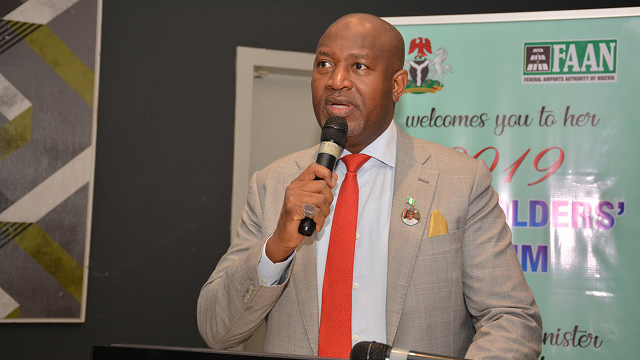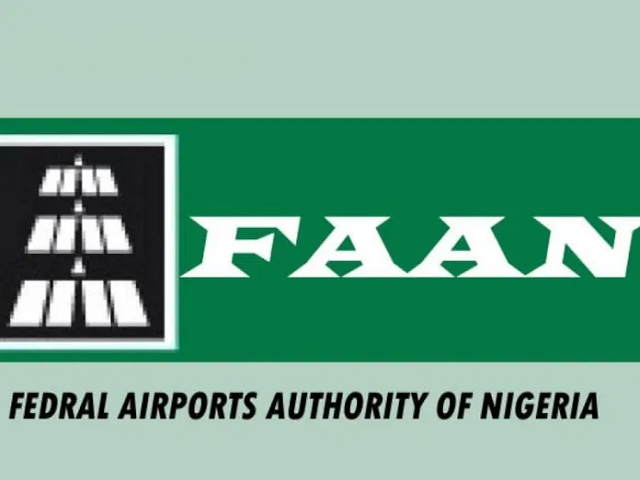Major airports in Nigeria including the Lagos, Abuja, Enugu, and Kano airports are up for concession, and the Federal Government has said that it has decided to do so without handing over ownership to the concessionaires.
This was explained by the Minister of Aviation, Hadi Sirika, via the Director of Media, Ministry of Aviation, Dr James Odaudu.
The minister, according to Tribune, said that the concession would only be targeted at the non-aeronautic assets of the concerned airports in both the passenger and cargo terminals.
Sirika said the decision by the government to concession the airports was of “national importance” taking into consideration the economic benefits.
He said that there would be no transfer of equity, as the concessioning would be guided by a concession agreement between an investor in the private sector and the public sector.
The minister explained, “There shall be no change in the ownership structure of the airports involved in this programme. What has been mandated by the Federal Executive Council is a concession programme.
“The decision of the government to settle for concession rather than outright selling of the assets is because of tremendous national importance from an economic and security perspective.
READ ALSO: FG Increases Health Workers’ Hazard Allowance By 600%
“We believe it remains in Nigeria’s best interest to maintain ownership for this reason.
“A concession is governed by a concession agreement whereby two parties – a private sector investor and a Public sector owner of an asset enter into an agreement that gives the Private sector investor the right to operate said asset for a specific business and within the Government’s jurisdiction.
“This is subject to certain terms that are agreed upon by both parties during the negotiation and contracting phase. It is thus a form of Public-Private Partnership whereby there is no transfer of equity between the contracting parties.
“We now have OBC Certificates of Compliance from the Infrastructure Concession Regulatory Commission. We are currently finalising the documents required for the procurement phase, after which we will commence the next stage of the process, i.e. publishing a Request for Qualifications (RFQ) – a critical phase of the public procurement process.
“The RFQ will give interested parties, local and international, ample time to prepare their submissions. Once the deadline for submission has been crossed, we will then begin the pre-qualification process.
“Only Pre-qualified parties will be invited to respond to a Request for Proposal (RFP), which will also be published as per ICRC guidelines and general best practice in Public Procurement.”
On whether there was an existing conflict over the concession between the government and Chinese construction firm, China Civil Engineering Construction Corporation (CCECC), Sirika said, “There is no conflict. China Civil Engineering Construction Corporation (CCECC) was contracted to deliver a number of infrastructure projects throughout Nigeria in 2013.
“The Passenger Terminal development works are a small part of this, and the Federal Government has every intention to service its obligation.”













